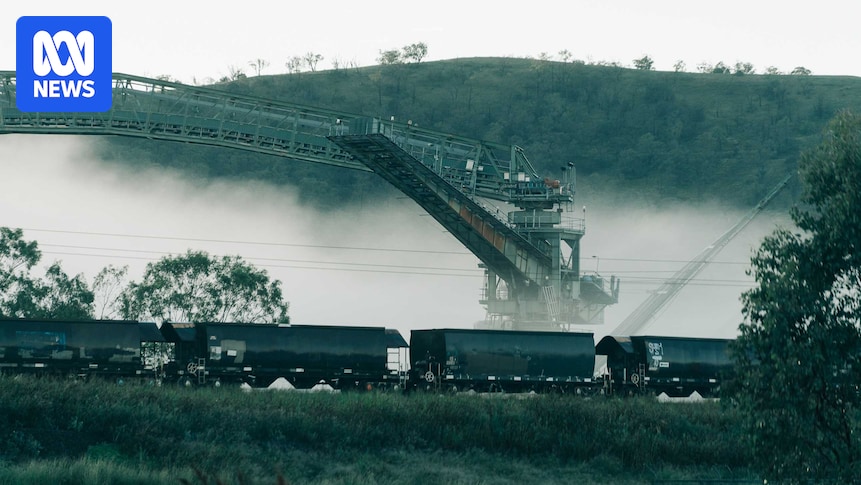
A coal mine in New South Wales, teetering on the edge of financial collapse, has laid off more than half of its workforce amid escalating debts that have reportedly surged beyond $800 million. The Dartbrook Mine, a joint venture between Australian Pacific Coal and Tetra Resources, had been dormant for nearly two decades before its revival in late 2024. However, the mine has now entered external administration and receivership after defaulting on a $174 million loan from Singaporean commodities giant Vitol.
The receivers, tasked with managing the mine’s operations, announced on Monday the termination of over 100 miners, representing more than two-thirds of Dartbrook’s workforce. This drastic measure underscores the precarious financial situation facing the mine, which has been a significant employer in the Hunter Valley region.
Financial Struggles and Workforce Reductions
FTI Consulting, the firm appointed as the receiver, stated that the decision to cut jobs was “not an easy decision” but necessary to secure Dartbrook’s long-term future. “We intend to continue operations onsite and work with relevant stakeholders while an urgent assessment of options is undertaken,” said receiver Ben Campbell.
However, the move has drawn sharp criticism from the Mining and Energy Union (MEU). Robin Williams, the union’s president, described the mass terminations as “disgraceful,” highlighting the lack of communication and consultation with workers. “Over the weekend, operations were wound down while workers were left in the dark, waiting to hear if they would be required,” Williams stated. “Many of them have now been unceremoniously notified by email that they no longer have a job. It’s hurting families and the local community.”
“It’s hurting families and the local community.” — Robin Williams, MEU President
Debt and Legal Challenges
The financial woes of Dartbrook are compounded by a growing list of creditors. Minutes from a recent creditor’s meeting revealed that at least 51 companies are owed money, with total debts exceeding $820 million, excluding the $174 million owed to Vitol. The largest creditor, UK-based Global Loan Agency Services (GLAS), claims it is owed more than $800 million.
In response to the financial turmoil, administrators from Deloitte have been appointed to another entity, Tetra Dartbrook, and are seeking a six-month extension to delay the next creditors’ meeting until February. This matter is scheduled for a hearing in the Federal Court on Wednesday.
Impact on Local Businesses
The ripple effects of Dartbrook’s financial instability are being felt across the Hunter Valley, where local businesses are expressing concern over unpaid debts. EMF Group, subcontracted to work at Dartbrook’s coal washery, is owed $282,000. Jason Anderson, the director, remarked that the situation “is not looking good” following the job cuts.
Jim Eastley, owner of CE Mining, another local business, is owed over $500,000. “It’s pretty tough to swallow,” Eastley commented. “We’re hoping that things can turn around and the mine will become productive … but that’s a long way off at the moment.”
Community and Economic Implications
The economic impact extends to the Muswellbrook Shire, where Mayor Jeff Drayton expressed concerns about the debts owed to local businesses, which could potentially lead to bankruptcies. “It’s certainly enough to send those companies to the wall,” Drayton warned, noting that Dartbrook also owes the Muswellbrook Shire Council unpaid rates.
“It’s certainly enough to send those companies to the wall.” — Jeff Drayton, Muswellbrook Shire Mayor
As the situation unfolds, the future of Dartbrook Mine remains uncertain. The MEU has already filed a case with the Fair Work Commission, seeking justice for the affected workers. Meanwhile, stakeholders and creditors are closely monitoring developments, hoping for a resolution that could stabilize the mine and secure its role as a cornerstone of the local economy.
The coming weeks will be critical as court proceedings and creditor negotiations continue. The outcome could set a precedent for how similar cases are handled in the mining industry, particularly in regions heavily reliant on coal mining for economic stability.






